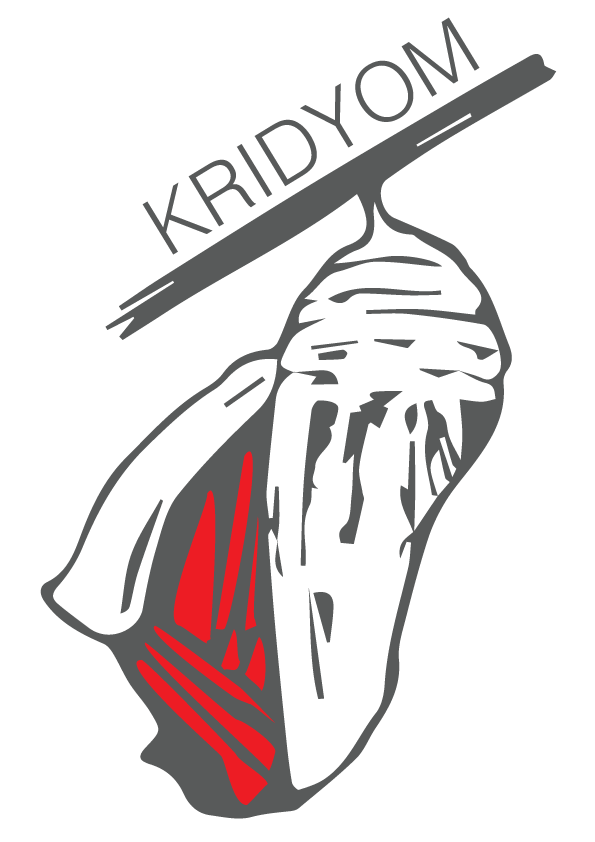Resting in the moment
by Martina Lehane Sheehan
“Come to me, all you who are weary and are carrying heavy burdens, and I will give you rest.
Take my yoke upon you, and learn from me; for I am gentle and humble in heart, and you will find rest for your souls.
For my yoke is easy, and my burden is light”
They say if you want to make God laugh, tell God your plans. My day was planned; glad that last meeting went so well, a quick coffee, pop into the chapel, then off I go. But my plans were altered for the next eight weeks after tumbling down some steps and hurting my ankle. “God’s way of slowing you down” numerous people said – dubious theology, I thought. I rang some work colleagues to see how they were getting on without me, thinking the place had fallen down - to my surprise the world was continuing to turn quite well in my absence.
I fought against my enforced rest initially but eventually I surrendered, thinking it was time to listen again, to see again the world that is always offering itself to us in new ways, if we can let go of control and the busyness that chokes off our inner receptivity. We can find meaning in setbacks and God can draw us into deeper stillness when we are not running around ‘playing God’.
Resting in God restores our centre of gravity and empowers us to do God’s work so we can say “I can do all things through Christ who rests in me”. It gives us a childlike lightness, which reminds us that we are part of the dance, but we do not control the dance. But it is one thing to be free of external pressures; it is more difficult to be free of internal ones – those that drive you from within, those that tell you to keep pushing, proving, competing and producing. We become afraid that if we stop, we might lose our place, our purpose and our position - all those things the ego equates with life itself. In the silence we discover those attachments that are diminishing us and blinding us from the real longings of our souls.
Jesus encouraged his disciples to rest: “Come away by yourselves and rest for a while” (Mk 6:31). He asked them to do what he himself did, even in the busiest times, when he was most in demand for miracles and preaching.
We have been given a wonderful inbuilt mechanism for dealing with emergencies through the sympathetic nervous system. Through the flight or fight response we have the ability to speed up all our faculties – heartbeat, concentration, brain signals – as adrenaline is pumped through the body. This alertness and pumping of adrenaline is meant to be temporary, not a way of life. It can sometimes feel like the daily demands of life become one emergency after another. And it is not just the negatives that drain us, the seeming positives do too, perhaps by pushing too far in our competitive goals, for example, straining for promotions, adhering to tight schedules, meeting targets etc.
We need to create a way of life that is a buffer to such stresses, we need to cultivate nourishing friendships, time with nature, time in solitude as well as in creative pursuits – times where we respond to the invitation to come away and rest for a while. Someone once asked a guru how long he meditated each day. The guru said “I usually meditate for thirty minutes, except when I’m very busy, then I meditate for sixty minutes”. Silence and meditation are necessary in our lives if we are to avoid the kind of burnout that results from pushing too hard.
“Be still; listen to the stones of the wall.
Be silent, they try to speak your name.
Listen to the living walls.
Who are you? Who are you”
Reflection
What stops you from resting
Where is silence in your life these days?
Listen and you might hear the still small voice of your own soul – you might discover a glimpse of who you truly are, you might hear your name being called, and for the first time, recognise that your name is written in eternity.
